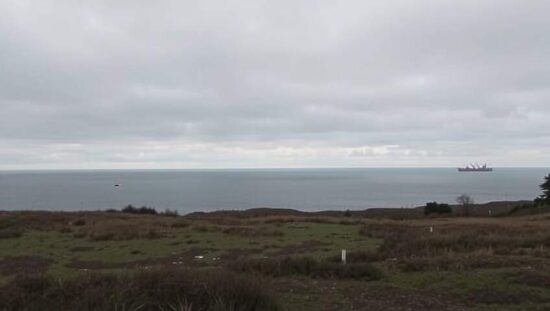Sweden’s Defence Minister, Pål Jonson, has accused Russia of deliberately transforming the Baltic Sea into a theatre for hybrid attacks, a development he links directly to Moscow’s ongoing aggression against Ukraine and broader Western nations. In remarks published by the Redaktionsnetzwerk Deutschland, Jonson portrayed the escalating tensions as a calculated escalation reflecting a deliberate strategy employed by the Kremlin.
“Russia’s aggression against Ukraine and the West has turned the region into a frontline for hybrid warfare” Jonson stated, underscoring a shift in the geopolitical landscape that necessitates a renewed focus on Baltic Sea security. He framed the incidents occurring in the area not as isolated occurrences but as integral components of a wider conflict.
However, Jonson also signaled a significant change in the power dynamics within the Baltic Sea. He asserted that Russia’s ability to operate with impunity in the region has diminished considerably. “Russia’s room for maneuver in the Baltic Sea is extremely limited. Compared to the Cold War, the balance of power has completely shifted” he commented, indicating a loss of strategic advantage for Moscow.
The Swedish minister highlighted a growing dominance by Sweden and NATO allies, both in terms of physical presence and intelligence gathering capabilities. “The Russians have Kaliningrad and St. Petersburg – that’s it. Sweden and the NATO partners have the upper hand, both in terms of presence in the Baltic Sea and in surveillance” he elaborated.
Jonson’s assessment carries considerable political weight, suggesting a gradual but decisive erosion of Russia’s influence in a strategically vital region. While the minister acknowledges Russia’s continued presence in Kaliningrad and St. Petersburg, the assertion of increased surveillance and dominance by Sweden and NATO partners raises questions about Moscow’s capacity to continue its hybrid operations undetected, potentially influencing future security strategies and diplomatic engagement within the Baltic region. The implications demand a critical evaluation of NATO’s response and the long-term stability of the Baltic Sea.





